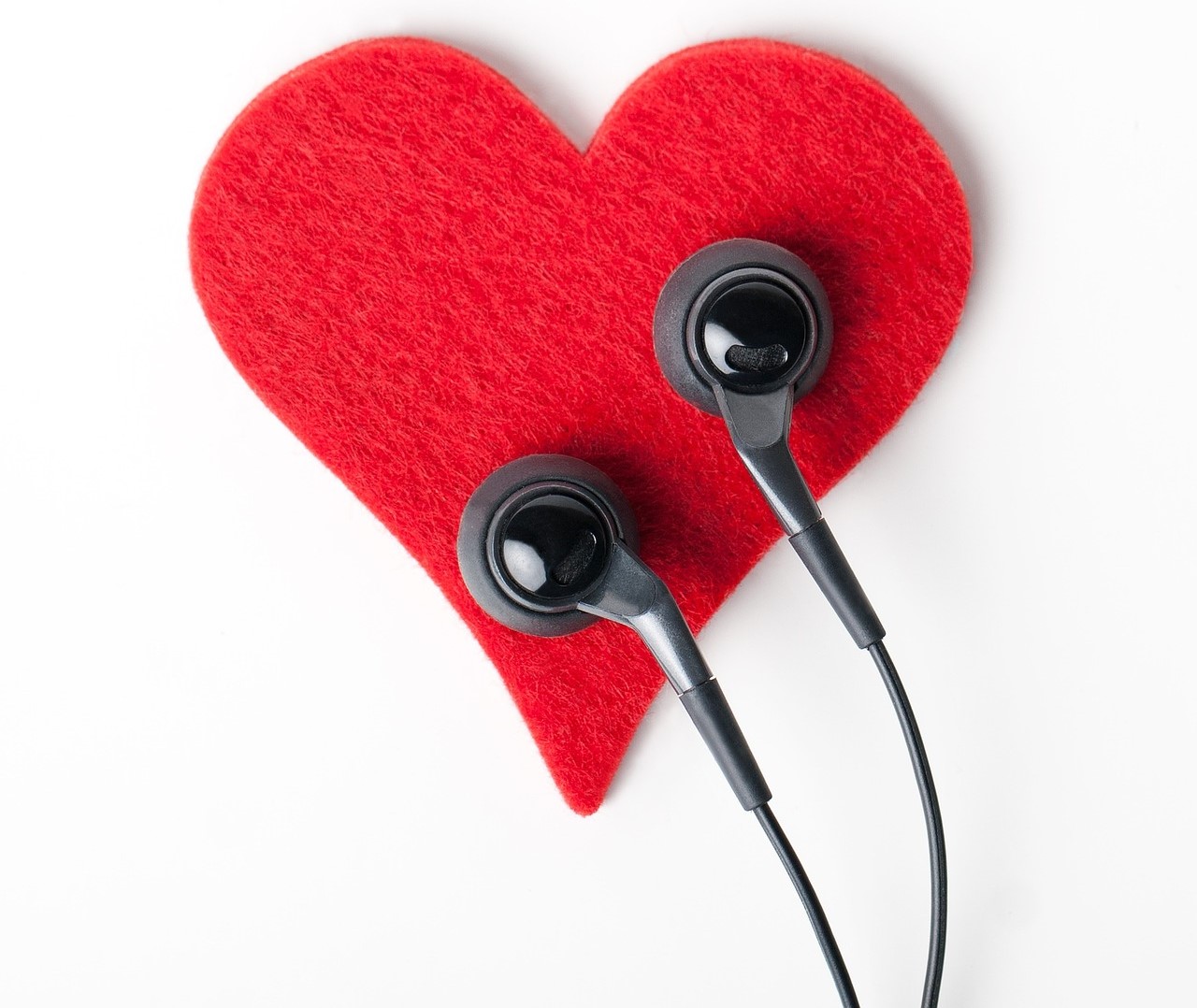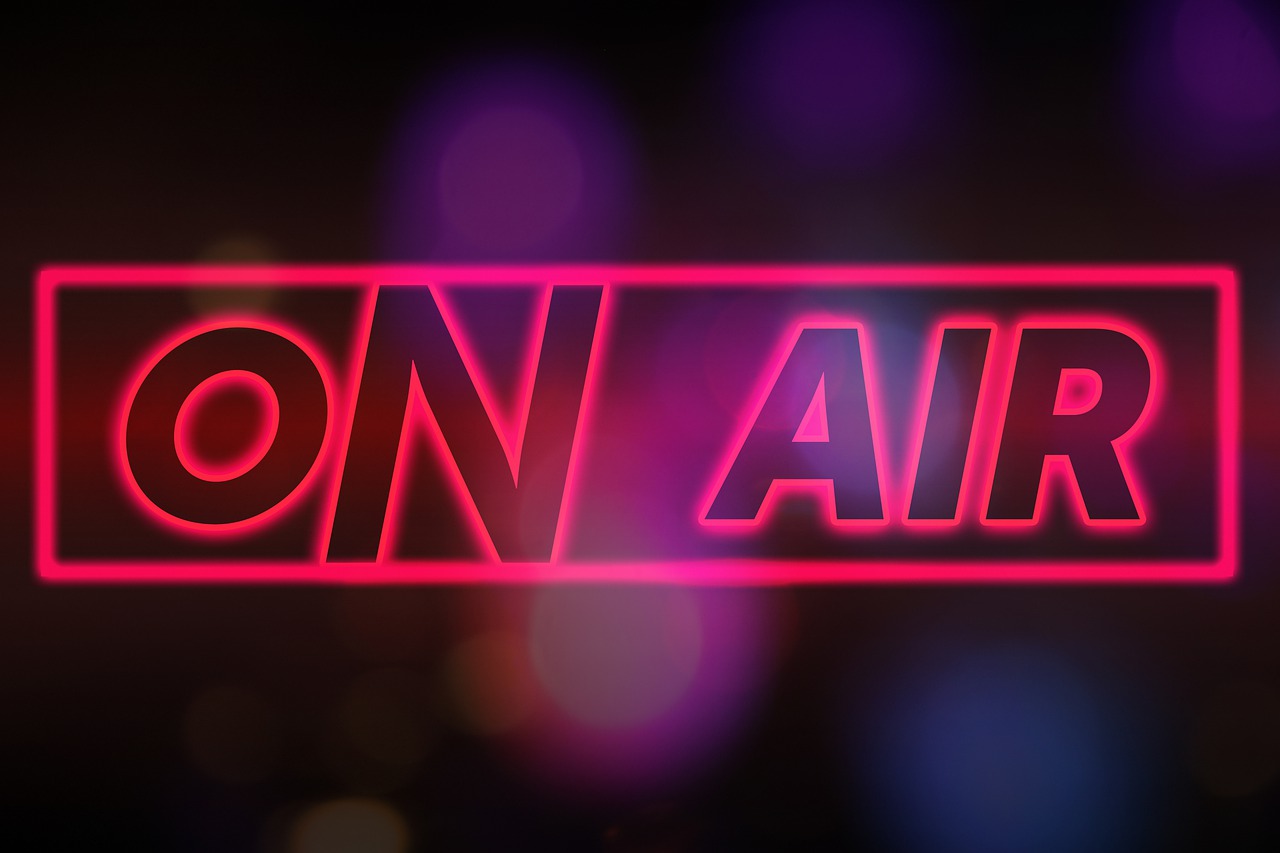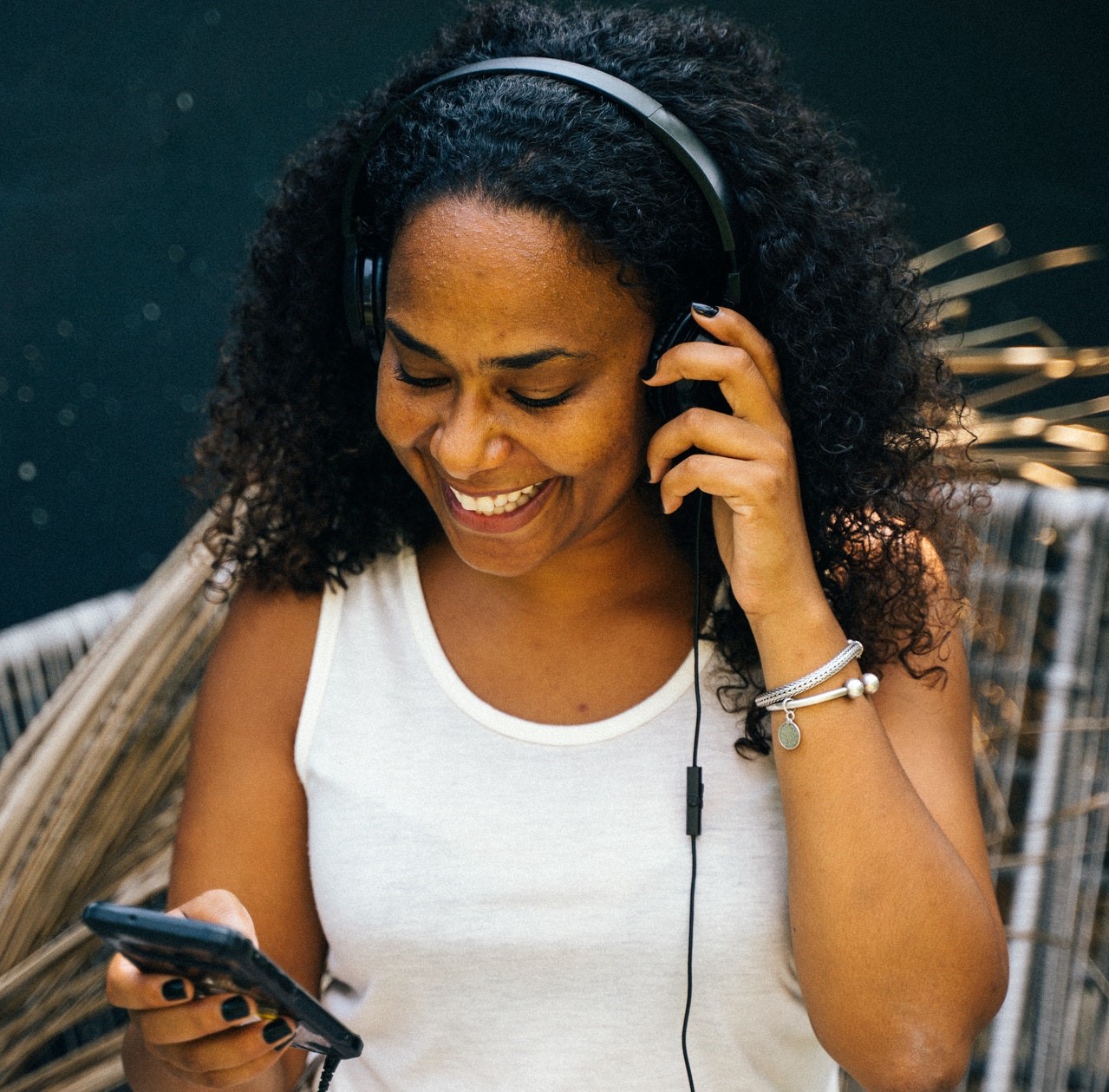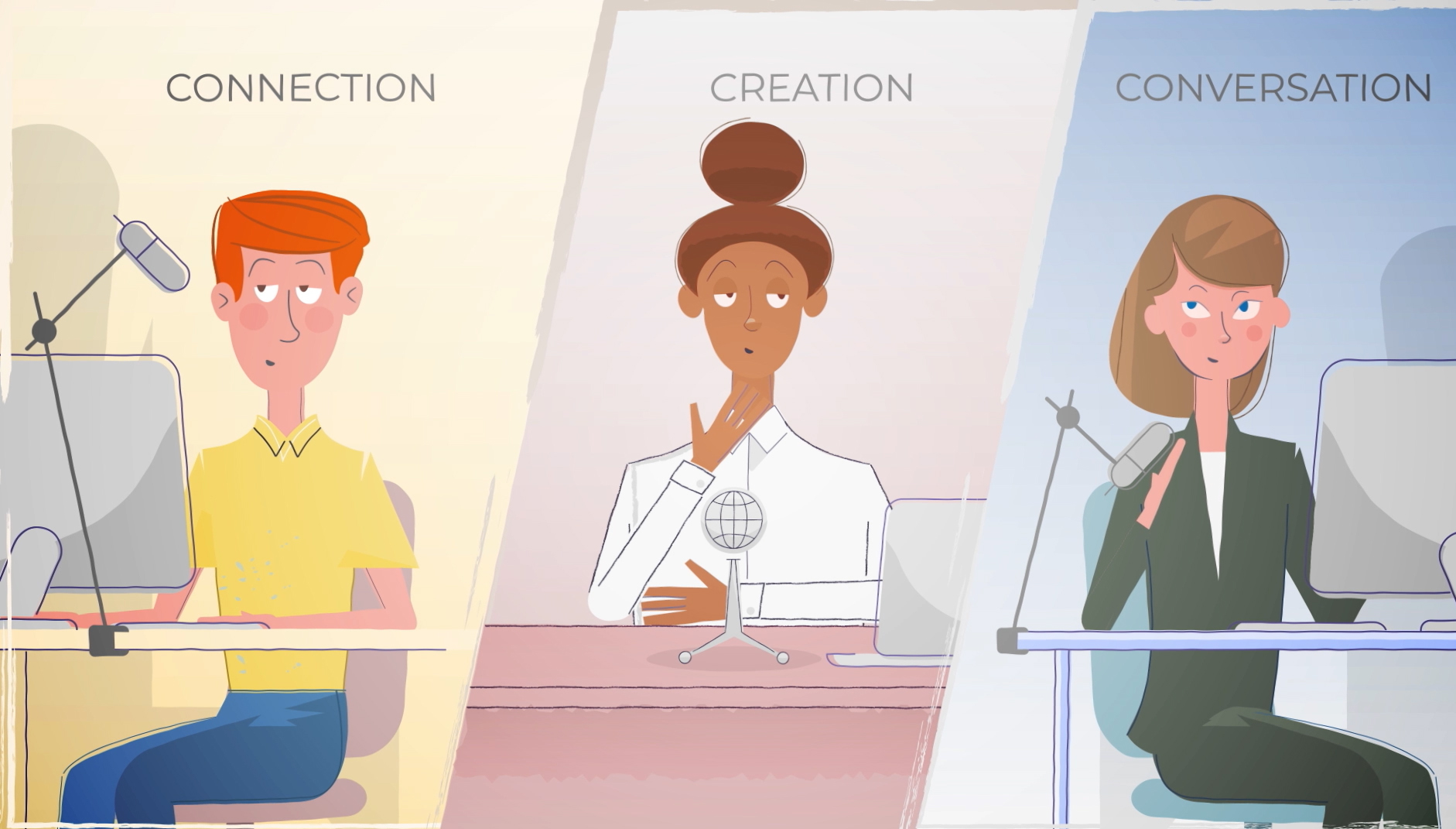Find out more about The Open University's Open Degree.
Podcasting is an effective way of building trust and sharing insights between people with different backgrounds and experiences. They can introduce audiences to topics and debates that share new perspectives. Take a look at the array of podcasts in The Conversation for research backed examples, with audience reach, that relate to contemporary issues. In short, podcasts help us to think more deeply.
Podcasts are a series of online digital audio recordings that can be downloaded and listened to on various devices. They can sound, and feel, like a radio show on a topic or issue that really matters to your audience.
Let’s take a look at the three Cs – connection, creation and
conversation.
Connection

If you use podcasts for delivering content, research or classes that may have been missed, students can catch up or think more deeply about a topic by listening in; if you use a podcast for support, help is available when students have a spare few minutes. Podcasts are open to wider audiences. This can include colleagues, researchers and the general public who might be interested in learning about new ways of approaching topics that are relevant to them.
Podcasts can make a real difference as can be seen in this example of student’s feedback from the podcast ‘Help, my writing doesn’t sound like what’s in my head!’:
“I've battled with my assignment most of today and really found myself struggling to get my point across in the way I hear it in my head. This [the podcast] has really helped me relax about it a little and taken away some of the unnecessary pressure I was putting on myself.”
“It was like you had climbed into my head and taken all of my thoughts and put them into a podcast. I ended up typing out loads and then went back through and un-scrambled it, instead of sitting there thinking what do I write..!”
Creation

You will need to think about how your podcast will sound and look. Podcasts can be created using a simple recording device, with good sound quality (e.g. using a recording app on your mobile device). They are very adaptable; and they lend themselves to guest contributors too, if that suits your topic. Don’t forget to shout about your new podcast on platforms your audiences already frequent, so that they know it’s there!
Conversation

One of the main benefits of podcasts is the sense of human-to-human conversation you can create with your audience, and guests. Podcasts engage others in topics, debates and issues that matter to them in their daily lives and work. Shared interest and passion will spark conversation. Don’t forget to tackle tough issues too. Your podcast conversations may ignite new learning and research in the area!
There are free online platforms where you can create, record, edit and share your content with current popular listening apps. Podcasts are adaptable and lend themselves to blogs and other media too.
Do you have an idea for a podcast? Give it a try it with the three Cs in mind!






Rate and Review
Rate this video
Review this video
Log into OpenLearn to leave reviews and join in the conversation.
Video reviews